The country is waiting for the president to hand over the second exploratory mandate for the formation of a government to the second largest political force in the National Assembly - the opposition GERB–SDS coalition. However, GERB party leader Boyko Borisov said that they will immediately return the mandate to the President. Therefore, analysts are already focused on the third mandate or the possibility that the country would be governed by an official cabinet until the next elections. If an expert cabinet was created, it would be President Rumen Radev's fourth such cabinet, which would be a record for the country.
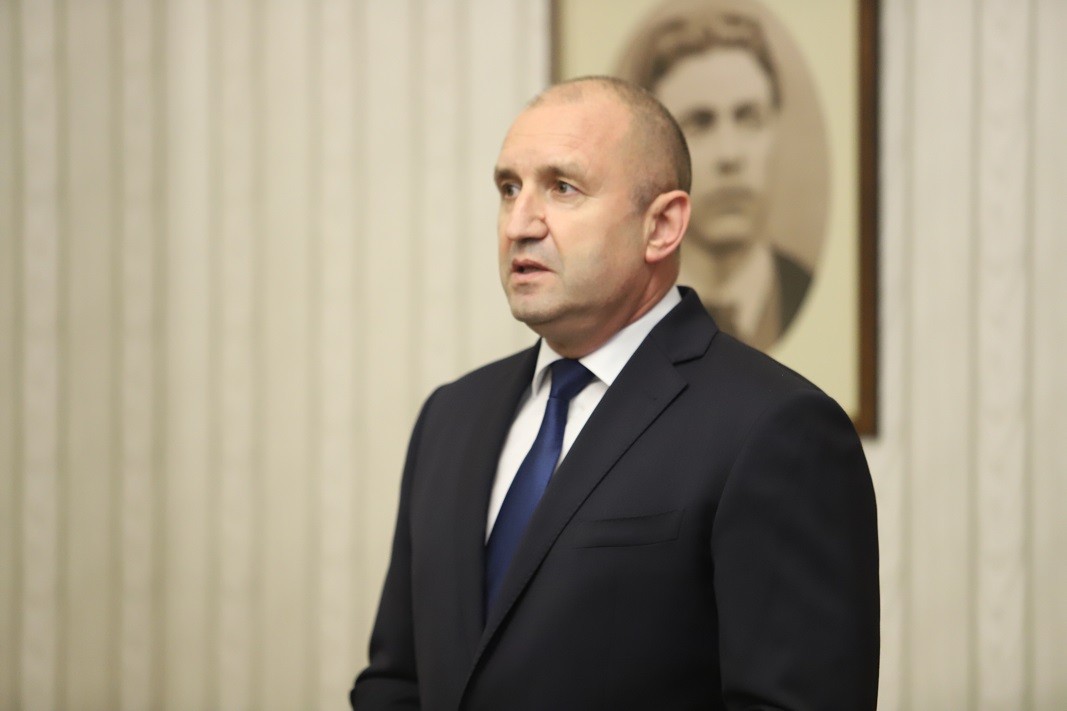
The quick and fruitless exhaustion of the procedure for forming the government before the end of July will end the activities of the government and the parliament and many important issues will remain unresolved, the Bulgarian head of state Rumen Radev said. "According to the Constitution, I must announce elections within 2 months. This means that they will be in September, which also brings risks, but on the other hand, too much prolongation of the procedure to form a government could result in risky decisions. There are great dividing lines between the parties, which makes the formation of a government after potential early elections even more difficult," the President pointed out and added that he will hold a second round of consultations with the parties represented in the parliament before handing over the third mandate.
Is it possible that a governing majority could be formed with the third mandate?
According to the journalist Veselin Stoynev, the formations of the previous four coalition are ready to negotiate again. The probability that the third mandate will be handed to "Democratic Bulgaria" is high, since the BSP has already twice failed to live up to expectations and broadcast a working government configuration. Here is what Stoynev said about “We Continue the Change” party:
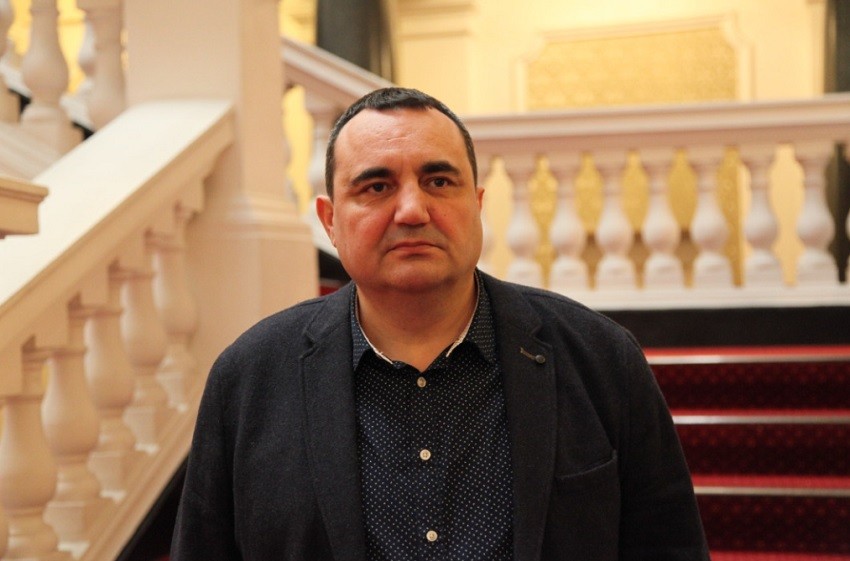
"If We Continue the Change think that they will receive more votes in the elections, this is a mistake. There is no government that ruled after 1990 with an absolute majority, excluding the cabinet of Ivan Kostov (1997-2001), but then Bulgaria was coming out of a huge crisis. No matter how many votes the party wins, it will still have to govern in a coalition."
"There would be elections, but there is no point in rushing," MP Martin Dimitrov from "Democratic Bulgaria" said in an interview with BNR and added that the formation of expert cabinet was necessary.
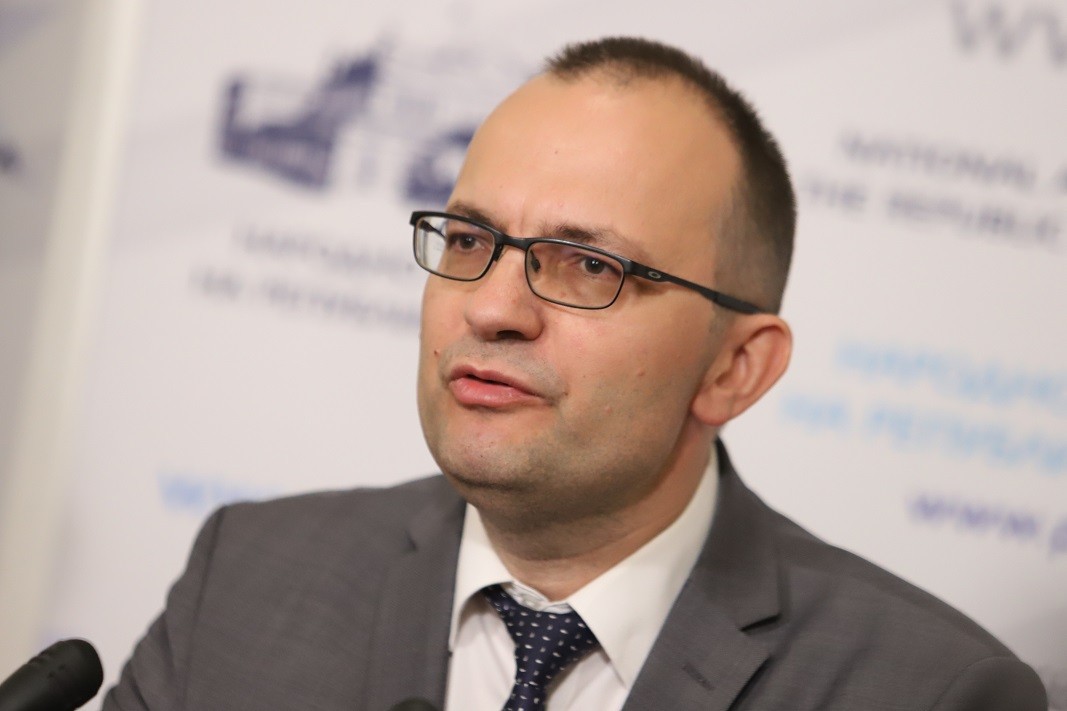
"It should include experts without the participation of party leaders. Its horizons should extend either to the local elections /in 2023/, which will be held together with the parliamentary ones, or until the end of next year."
"The presentation and voting on a declaration with the priorities of this possible cabinet can be the basis for creating the necessary majority," Dimitrov added.
"There is a real risk that we could enter a spiral of elections and that the next National Assembly compositions would be increasingly fragmented, making the formation of majorities an increasingly difficult task."
Showman Slavi Trifonov's "There is Such a People" formation, which caused the current political crisis by leaving the ruling coalition and withdrawing their ministers from Prime Minister Kiril Petkov’s cabinet, are ready for dialogue with Democratic Bulgaria and BSP.
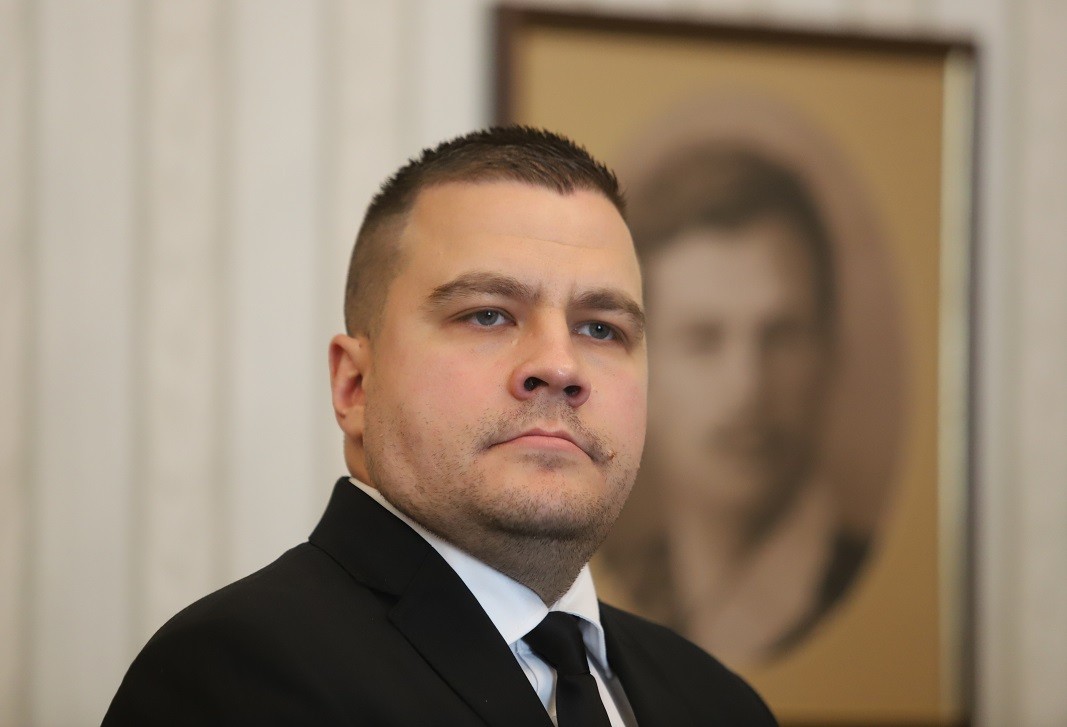
"It is important for us that the state is not pushed into another chaos because the people do not want new elections. That is why we will think about practical solutions in order to draw up a clear program with specific parameters and schedule. The alternative is chaos, but if nothing happened, we would go to new elections as we have nothing to worry about," MP from the party, Stanislav Balabanov, said.
However, the results of possible early elections are difficult to predict.
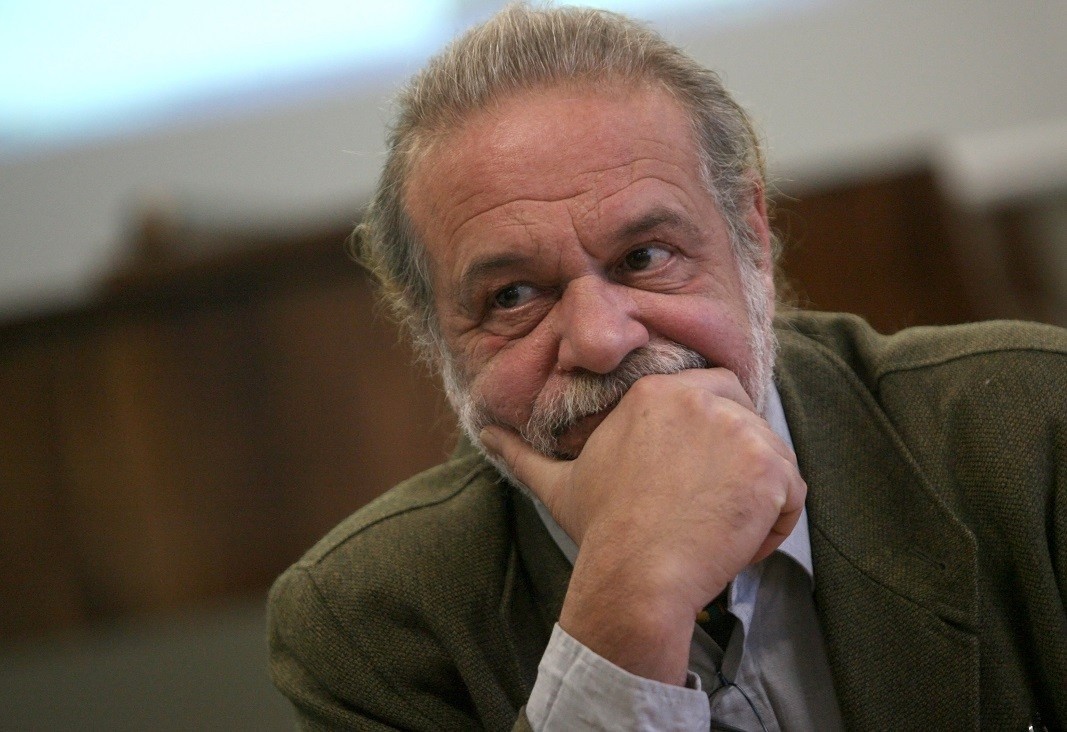
"In this dynamically changing situation we have no idea what the thoughts of voters on election day would be" political analyst Professor Evgenii Dainov says in an interview with BNR. “We do not know what would happen with the war in Ukraine, the new wave of the pandemic, the prices of energy and goods. However, I think that one thing is certain – in case of accumulation of many acute problems that need to be solved, the voter turnout in October will be higher. The reason is that people would want to participate in the decisions made by using their vote."
Compiled by: Yoan Kolev / based on interviews by BNR-"Horizont" and BNR-Plovdiv/
English: Alexander Markov
Photos: BGNES, libraryOn February 15 and 16, the Bulgarian Socialist Party (BSP) is holding its 51st Congress. Interim Chairman Atanas Zafirov is expected to present a report on the past period. The delegates are also expected to vote on amendments to the party's statute,..
Europe must become powerful again. This was stated by MEP Sandro Gozi from Renew Europe, former Italian Secretary of State for European Affairs in the special studio of BNR's Horizon National Channel from the European Parliament building in..
The economic and financial debate is key for the current European Parliament session . This is the opinion of Bulgarian MEP from the European People's Party Andrey Kovatchev, who is a member of the EP's Foreign Affairs Committee. "The topic does not..

+359 2 9336 661
